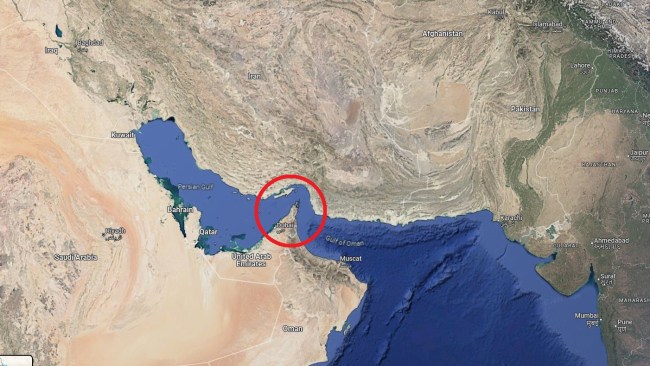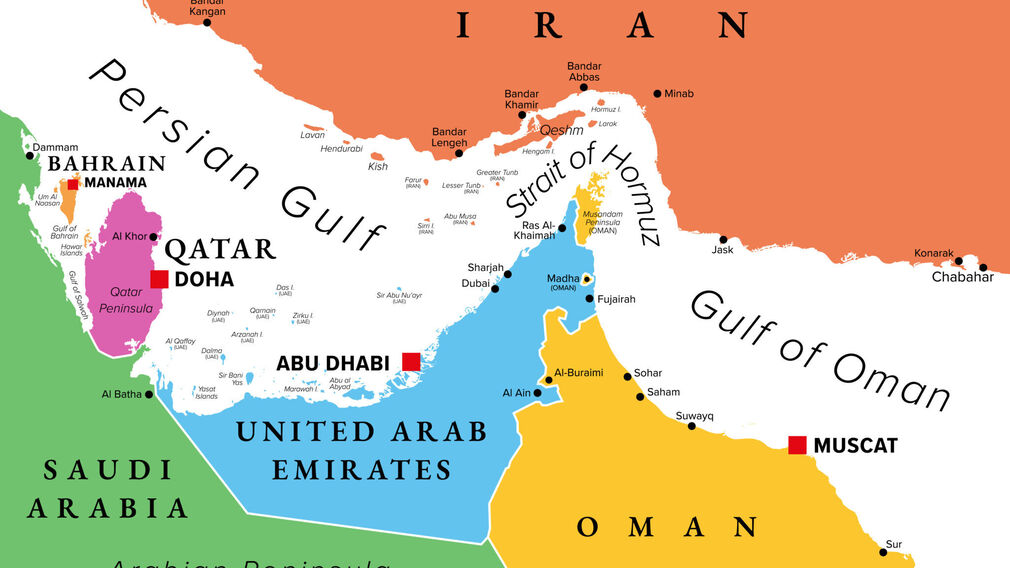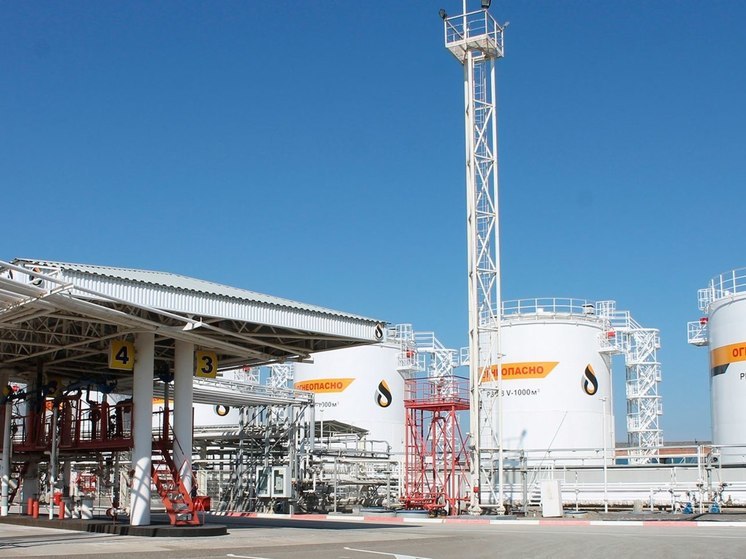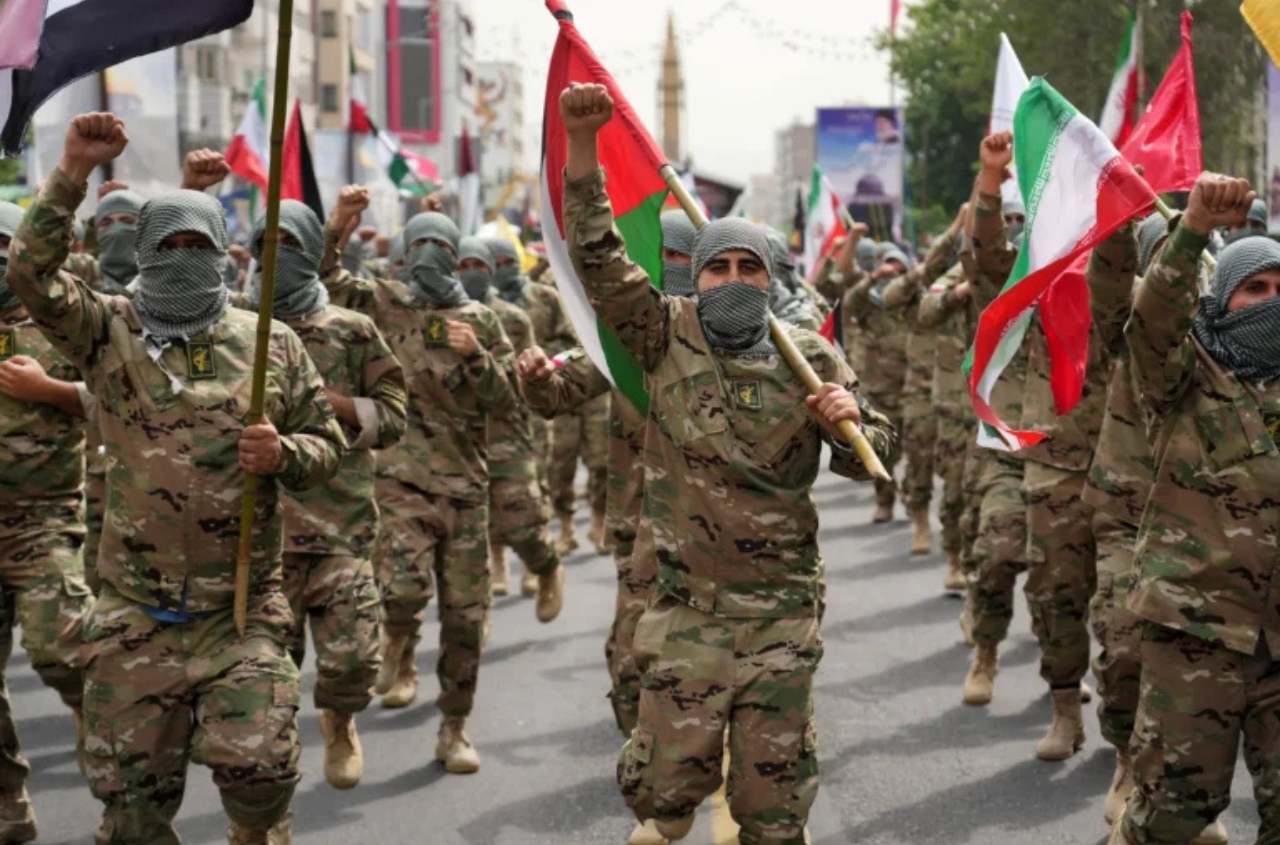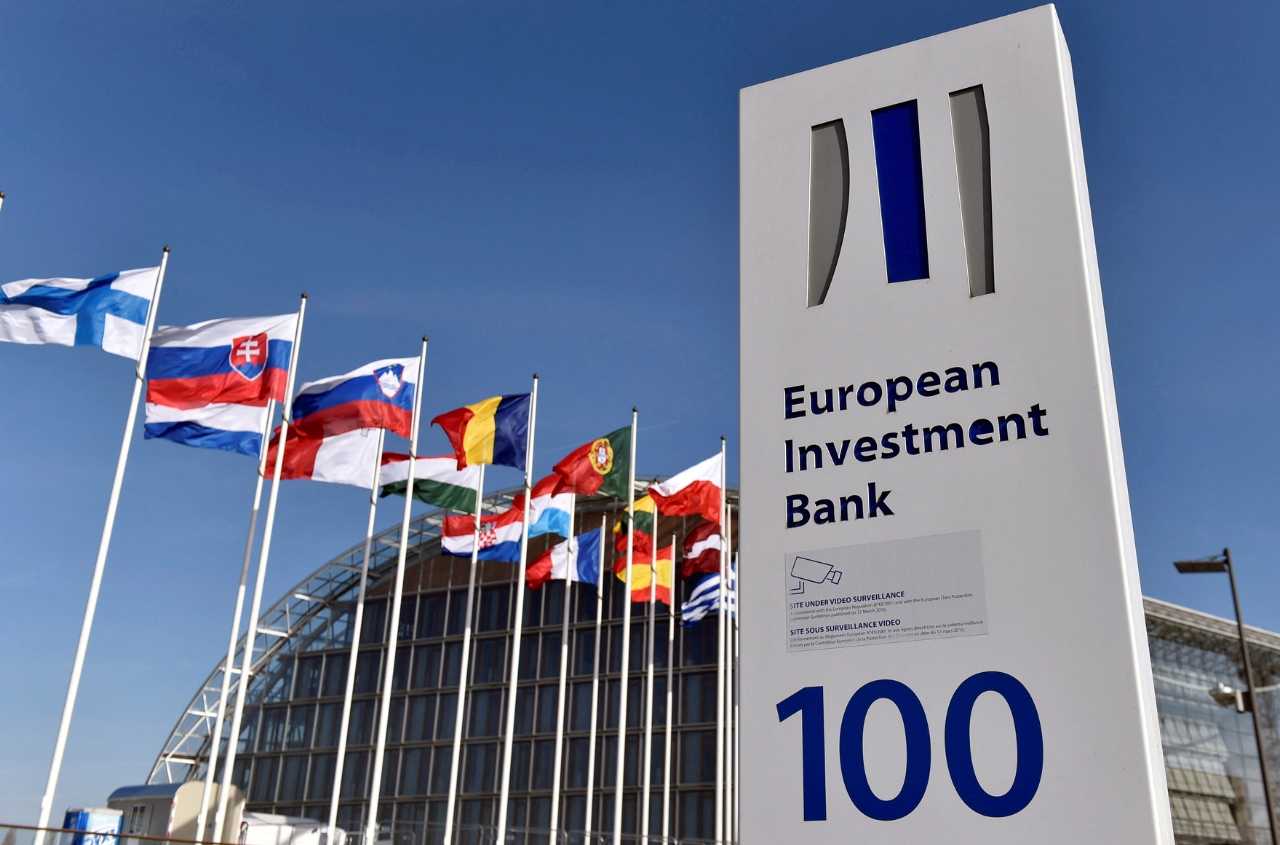Iran's possible decision to close the Strait of Hormuz will cause a significant spike in global oil prices, which would greatly economically and financially benefit Russia by reversing months of declining Russian oil revenue and allowing Russia to continue to finance its war against Ukraine in the medium term.
Brent crude oil futures prices closed at $77.27 on June 20, marking an 11.4 percent rise from June 12 just prior to the Israeli strikes against Iran.
Iran’s Parliament voted on June 22 to close the Strait, but the final decision remains with Iran’s Supreme National Security Council and leader Ayatollah Ali Khamenei.
Oil prices will likely surge exponentially in the event that Iran closes the Strait of Hormuz, with varying reports predicting a spike to prices between $90 to $130 in a worst-case scenario.
Russia’s oil and gas revenue amounted to 11.1 trillion rubles ($120.3 billion) in 2024 and accounted for roughly 30 percent of Russia's total federal revenues. Russian oil revenue has been steadily decreasing through 2025 however, with May 2025 revenues notably 34 percent lower than in 2024.
The Russian Finance Ministry more than tripled its budget deficit target for 2025 in May from 0.5 percent of Global Domestic Product (GDP) to 1.7 percent of GDP after several months of staggeringly low oil and gas profits.
The Moscow Times stated on June 9 that, according to economists from the Russian Presidential Academy of National Economy and Public Administration, Russia’s high expenditures and low oil revenues could exhaust the National Wealth Fund (NWF) by 2026.
The Kremlin relies on the NWF and oil and gas revenues to finance its war in Ukraine, as the Russian government allocated 41 percent (roughly $178 billion) of Russia’s total 2025 federal budget towards National Security and Defense alone.
ISW previously assessed that Russia’s high losses on the battlefield and ongoing economic constraints could prevent Russia from continuing the war in Ukraine in the medium to long term, however a sustained surge in oil prices could keep Russia afloat economically.
